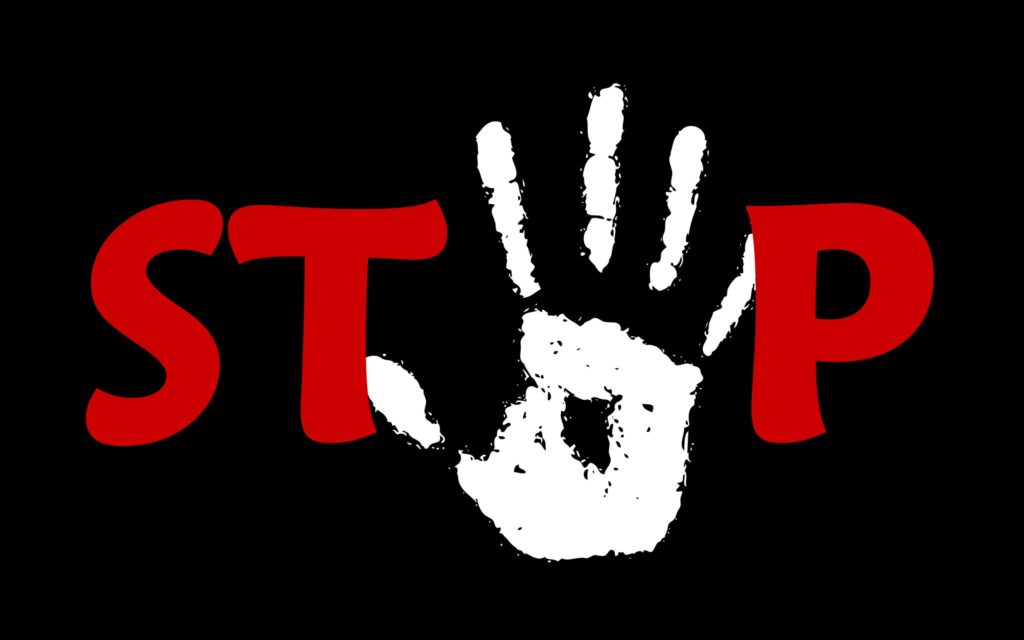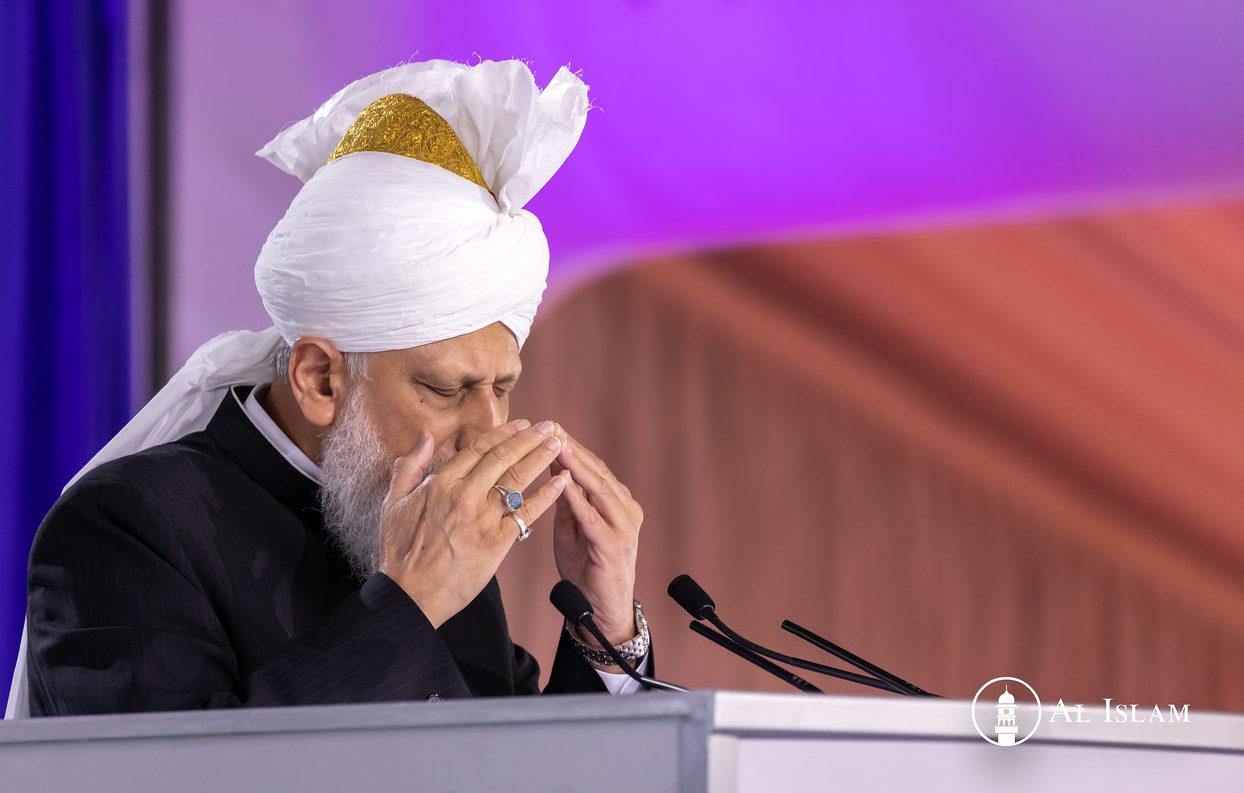Rape crisis is on the rise and shows no sign of abating. It is time to end the patriarchal norms that are increasing the incidence of rape and crime against women.
HUSAM AHMED
OCTOBER 7, 2020
It is simply ironic. Women are given the loftiest rank in all human ideologies, yet, in practice, no society exists where women are not abused. While protecting women’s dignity is emphatically stressed upon, the reality has a totally different story to tell.
Violence against women has become so rampant that news of women being assaulted or raped seems to hit the headlines almost daily. If anyone is agitated by the recurrence of such incidents, it only shows his ignorance of reality, as the actual figures are even more shocking.
The National Crime Records Bureau (NCRB) shows 32,033 rape cases reported in India in 2019 alone, which makes an average of 88 cases daily, one rape occurring every 16 minutes[1]. Yet, shockingly, India is characterized as one of the ‘countries with the lowest per capita rates of rape’[2], which only causes our jaws to drop at how the issue is prevailing at global level.
Now the question is, how are we to resolve the issue? How can we put an end to this barbarity? It is important to remember that the incidents of rape, which are rapidly increasing, are not unrelated. Instead, the patriarchal norms in our society are playing a dangerous role in normalizing the crime to a great extent. Hence, if we are truly determined to end this crisis, we need to look at the root causes and eliminate them.
Reform men to save women
Change ought to initiate from men. Before considering to ask women to ‘not get raped’, serious efforts should be taken towards teaching men to ‘not rape’ in the first place. Any plan aimed at curtailing violence against women, if it fails to reform men and teach them to respect women, is sure to bear no fruit.
It is for this reason that the Holy Quran primarily addresses men, and not women, asking them to lower their gaze and not cast their glance lustfully upon women. It says:
Say to the believing men that they restrain their eyes and guard their private parts. That is purer for them. Surely, Allah is well aware of what they do.[3]
This injunction, undoubtedly, sets a strong basis for the moral reformation of man. As it is proven that male sexual arousal is significantly influenced by visual stimuli[4], asking men to refrain from looking at women exactly conforms to his psychology and strengthens his control over his sexual impulses.
Hence, boys who are taught to not view women as sex objects, and are educated to respect and honour women right from a young age will grow up to become men who will uphold and protect women’s dignity.
Rape culture and victim-blaming
It is hard to imagine a scenario more unjust than shifting the blame of rape from the perpetrator to the victim. This tendency not only insults all aspects of humanity but is also antithetical to even the most rudimentary principles of justice.
As inevitable as it is for women to take proper measures to ensure their safety, it is absolutely wrong to consider that women are in any way accountable for what happens to them.
No woman deserves rape, nor does her attire trivialize the gravity of the assault. This patriarchal thought, which has no place in a civilized society, was shredded to pieces by Islam at a time when the seed of feminism was yet to fertilize in the womb of civilization.
As has already been said in the aforementioned verse, the Holy Quran does not approve of men staring at women. Two points are crucial and worth special attention in this command.
Firstly, this injunction of the Holy Quran addressing men precedes its advice to women to dress modestly, both in its chronological and traditional order of arrangement, hence giving the clear message that it is men’s attitude that is of primary significance while women’s dressing comes only after that. Secondly, this injunction is unconditional, implying that men are to control their impulses regardless of women’s attire.
This revolutionary teaching was exemplified by the Holy Prophetsa when a woman came to him asking for his verdict on a religious matter. The Prophet’s cousin al-Fadl, who was accompanying him was attracted by the woman’s beauty and started staring at her. Observing this, the Holy Prophetsa caught al-Fadl’s chin and gently turned his face to the other side, rather than asking the woman to cover herself.[5]
A beautiful gesture and a gentle response bearing the message that Islam firmly stands against the rape culture that perpetuates sexual abuse, and denounces victim-blaming which, instead of solacing the victim, further tortures her already traumatized mind.
Male-gaze in fashion and visual media
The disastrous roots of patriarchy, it seems, have reached even the innermost facets of human society. Though patriarchal traditions are easily noticed for their biased stance, some have even managed to sneak into our culture camouflaged as agents of women empowerment, while in actuality, they do nothing other than serving male interests.
To see through this disguise, we have to identify and weed out the male-gaze that has been dominating our choices and likes for quite a time.
While the fashion and film industry claim to have liberated women from the ‘bondage’ of faith and tradition, in reality, they have been acting as a serpent in a suit, objectifying women for male gratification.
The idea that revealing more skin is akin to, or essential for, being progressive is undoubtedly the product of a male-dominating mindset. Unfortunately, the concept has been accepted and applauded by many women and a vast majority of those who advocate for women’s rights. However, there are still many, including feminists, who do not fall for this deception.
Mary Kunkel and Audrey Cole, sisters and founders of Paris Bloom Dress Company say that it was the realization that the fashion industry and mainstream media have been dictating sexualized clothing choices for women, which led them to found their own company so that they can provide women with beautiful, but modest dressing choices. They say:
The fashion industry chooses to ignore that sexualized clothing decreases women’s feelings of self-worth and grooms men to view women as objects. This allows them to continue to use sex to sell, and it enables the fashion industry to continue producing scanty styles that do little to conceal and flatter a woman’s dignified shape.[6]
Nina Menkes, an American filmmaker observes the prevailing sexual objectification of women in the film industry saying:
Understand that these images repeated ad nauseam create an atmosphere where, if a young woman walks into a room, a young man doesn’t think he’s looking at a person, but a sex object.[7]
Hence, this is how the modern culture, which has submitted itself to patriarchy, wants to portray women. Contrary to this, the Islamic stance has always been clear and is directly aimed at truly empowering women, enjoining them to attain righteousness and dress modestly. It says:
And say to the believing women that they restrain their eyes and guard their private parts, and that they disclose not their beauty except that which is apparent thereof, and that they draw their head-coverings over their bosoms[8]
Compare to this the modern-day depiction of women baring their bodies, which is regarded as a sign of empowerment. While the Islamic commandment truly liberates women, defining them by their virtues and not their external looks, the latter only contributes to relegating them to the status of objects.
Unfortunately, it is the Islamic solution that has become anathema to modern society, while the venom served by patriarchy is consumed as elixir.
Hence, until we determine to change the norms and work towards pre-empting the crime and prevent such actions before they occur, justice cannot be said to be served in the absolute sense, as punishing the culprits, though inevitable, is not going to reverse the incident or undo the assault that has already occurred. And once it occurs, it becomes an unerasable torturing memory that will haunt the victim throughout her life.
References
[1] https://en.wikipedia.org/wiki/Rape_in_India, https://www.indiatoday.in/diu/story/no-country-for-women-india-reported-88-rape-cases-every-day-in-2019-1727078-2020-09-30
[2] Crime and Crime Control: A Global View by Gregg Barak p. 74
[3] Holy Quran 24: 31
[4] https://www.ncbi.nlm.nih.gov/pmc/articles/PMC2739403/
[5] Sahih Bukhari, Book of asking permission
[6] https://parisbloom.com/blog/commentary/women-deserve-fashion-choices-that-dont-objectify/
[7] https://variety.com/2020/film/spotlight/nina-menkes-oscar-1203476456/
[8] Holy Quran 24: 32












2 Comments
Muthu · January 21, 2022 at 7:35 pm
Appreciate the intent of this article. But how does Islamic law’s demand of needing four witnesses or a confession to punish a rape accused help in this regard. It is an almost impossible burden of proof for a crime of this nature that will only end up protecting the criminal.
Husam Ahmed · January 27, 2022 at 9:18 am
I think, brother, you don’t possess complete knowledge in this regard. The strict demand for four witnesses or confession is applicable in the case of adultery, for which, the Quran has itself prescribed a punishment, which in Islamic terms is called Hadd punishment. In such cases, clear guidance has also been given regarding investigation and evidence for establishing the crime, as for adultery, no other evidence other than producing four witnesses is acceptable. The Quran is so strict in this that it stipulates almost the same punishment for false witnesses or in the case of less than four witnesses being produced. Hence, practically, it can mean that adultery cannot be punished if it happens in private, i.e. unless four righteous and impeccable individuals observe the act of penetration with their own eyes.
However, in the case of rape, the scholars are almost at a consensus that the rapist should be subjected to the Hadd punishment if there are four witnesses against him or if he himself admits to the crime. But, in a situation where the aforementioned two conditions are not met, then other avenues of investigation will be explored and if his guilt is proved, a suitable punishment will be imposed upon him at the discretion of the court or judge. This type of punishment, in Islamic jurisprudence is called Ta’zir punishment.
Here is an article which explains in detail the Islamic guidelines in this regard. I think it will be beneficial for you as it quotes many scholars of Islamic jurisprudence and also discusses the issue in the light of historical facts.
https://www.alhakam.org/rape-in-islam/